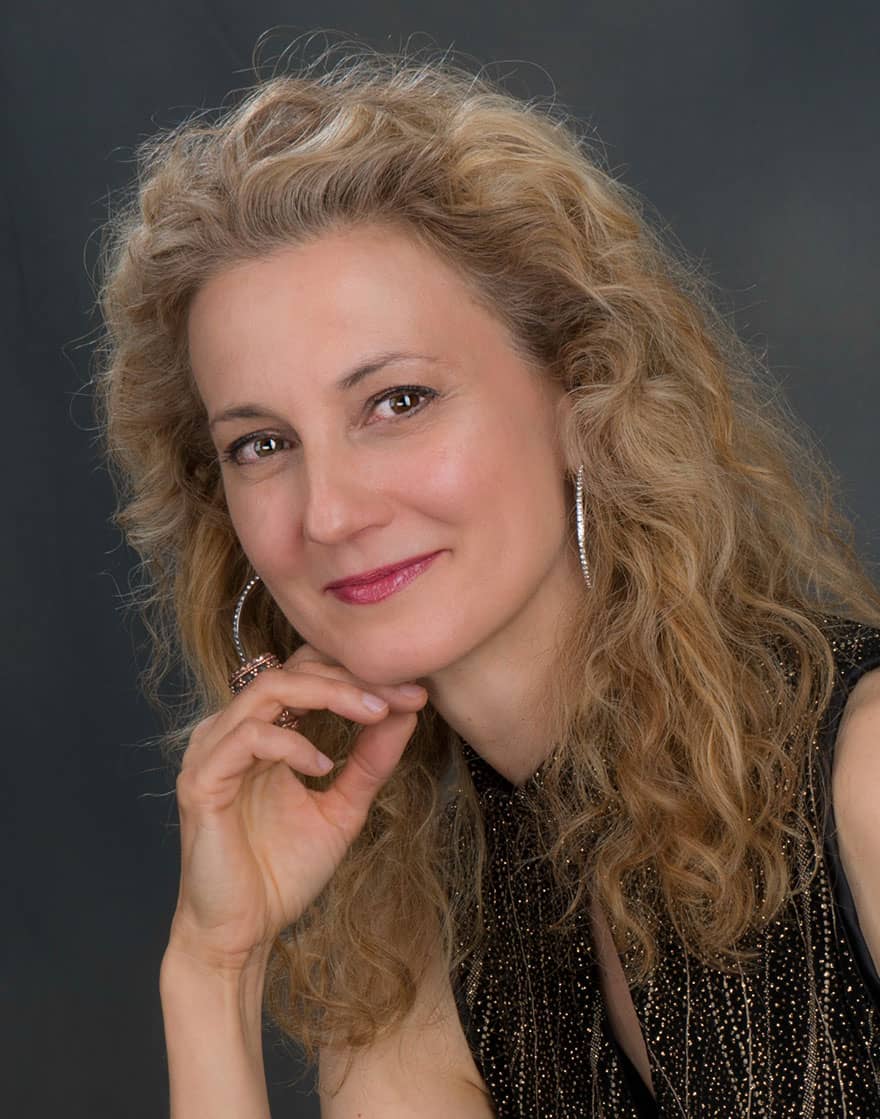How did I stumble upon mindfulness and how has it changed my life?
If you had asked me 20 years ago about mindfulness, I might have laughed at you. I fancied myself a scientist and an academic, with no room for such fluff.
But then life happened and I realized that things were more complex than I thought. I was working as a primary care provider, blissfully ignorant about what full health really was. I was enjoying my own version of health (or so I thought) mostly courtesy of my young age.
I was planning on ‘helping’ people with their own healthcare courtesy of my years of hard work and education about how the body worked; all this while being pretty disconnected from my own body. Even as a former professional athlete, 6 years in academia can do that to a person.
Initially I had no idea how limited my education was. It was only when I witnessed the system failing patient after patient that I began to ask questions.
When no one around me seemed to have the answers (and I worked with some really smart people!) I realized that we as a society had a major systemic problem on our hands.
This questioning led me to explore an arena we have labeled ‘Complimentary and Alternative Medicine’, namely anything outside of mainstream, western, allopathic medicine.
This was when I realized that what we were offering to patients was mostly disease management and not true health care. I am nothing if not tenacious, so I spent the next 2 years in a self-designed masters degree program to digest as much of this as I could and to see how to fill in the gaps.
I was fascinated by what I learned. I worked with some brilliant teachers from all over the world and came away with a much more comprehensive understanding about optimizing human health.
![]()
I learned to really appreciate western medicine if I’m in traumatic crisis, but for chronic disease, or just smoldering feelings of not really feeling great in a body, we need to supplement traditional medicine to really find answers.
When I asked myself what was the ONE single, most important thing people could do to keep themselves healthy the answer was finally clear: optimize the mind-body connection through a contemplative practice like mindfulness.
Other experts agree (this is why mindfulness is at the center of programs like Duke University Center for Integrative Medicine and why prestigious schools like Brown University are starting Mindfulness Centers).
It continues to astonish me how these practices can help people breakthrough a lifetime of reactivity and dis-ease that they didn’t even know they had any power over.
As for me, I only thought I was healthy. If I hadn’t changed my own habits, it would have been only a matter of time before my borderline blood pressure officially became hypertension, my fitful sleep officially became insomnia, and my tendency to worry officially became generalized anxiety disorder (and I would have been told it was genetic and just my destiny since family members suffer from these things, and put on meds for the rest of my life).
With all the pathologizing of things, we forget that there are cures other than pharmaceuticals.
Wishing you well and cheering you on,
![]()
Erin

 Erin believes that narrow boxes are for shoes and not for people and she hopes you'll join her tribe on the mindful path to freedom!
Erin believes that narrow boxes are for shoes and not for people and she hopes you'll join her tribe on the mindful path to freedom!

